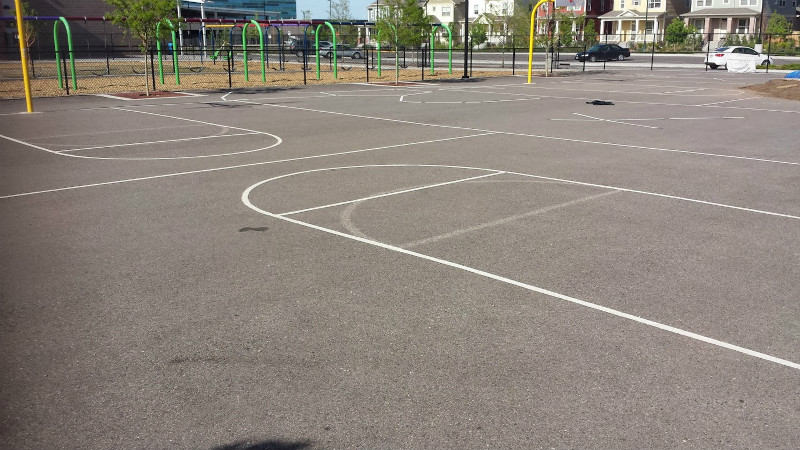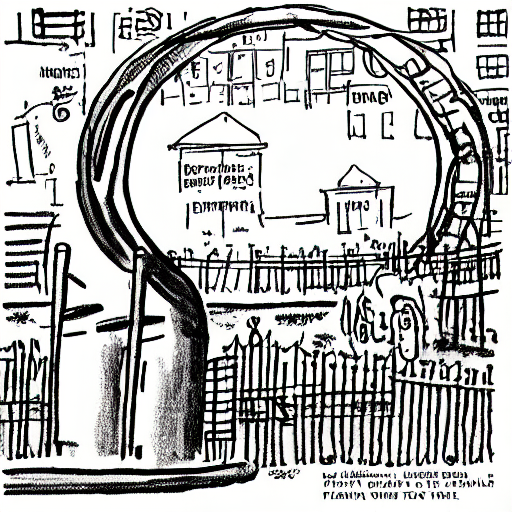The concept of "The Magic Circle" was first described by Johan Huizinga, a Dutch historian, in 1938. Long before "game design" was a profession, Johan identified play as a vital aspect of human culture and development. He noticed how otherwise predictable children would change when interacting with friends during recess. In his book "Homo Ludens" he referred to the physical space for playing, the playground, as "the Magic Circle".
The Magic Circle is significant because it is a designated safe place to experiment with alternative realities. Cry "fire!" in a crowded public place and you may get arrested. Shout "base on fire!" in a game of tag and nobody thinks twice; it's just a new wrinkle to play. Inside the circle, in that place, events take on special meanings.
Extra Credits is a fantastic YouTube series covering the minutia of game design in fun, approachable ways. They recently covered the Magic Circle concept. What stands out to me is how important the environment is in allowing people to be swept up in a moment:
Conferences are a magic circle. They are a mind playground for exploring the myriad of intellectual possibilities not normally possible amid a daily litany of feature fulfillment and task triage. It is true; the semantics of any technical topic are most likely already available online, much of it for free. But while the content is ready one's mind may not be.
Why are conferences so much better at kick-starting our excitement than the equivalent online course? New experiences slow time down. Usually the brain ignores what is going on around us because the mind has already concluded, from experience, it isn't worth the storage. Present it with something new and we wake up. Rather than being yet another tab in a browser we're navigating unfamiliar environments, talking with new people, and hearing provocative ideas.
At any good event the crowd comes away talking about "the energy" or "inspiration". It's because they passed through the sticky membrane of self-consciousness and into the circle, where it was OK to be excited about their work. It is OK consider alternate paths. It is possible to rise above minutia and consider the larger landscape. "We will implement continuous integration this year!" "We will switch to a new JavaScript framework!"
It clashes with our normcore. As a recent event recap stated:
"For a few fun-filled, informative days, I get all pumped up with excitement. And then I get back to the office and work/life happens. High priority work comes in, staff changes, something happens and all the awesome stuff that I learned or wanted to do, just kind of fades to the background."
Continuing education isn't about finding the magic circle; opportunities for interacting with engaging, interesting people in new ways are all around us, if we dare to look. The trick is keep that magic from fading once we step back into our regular lives.



